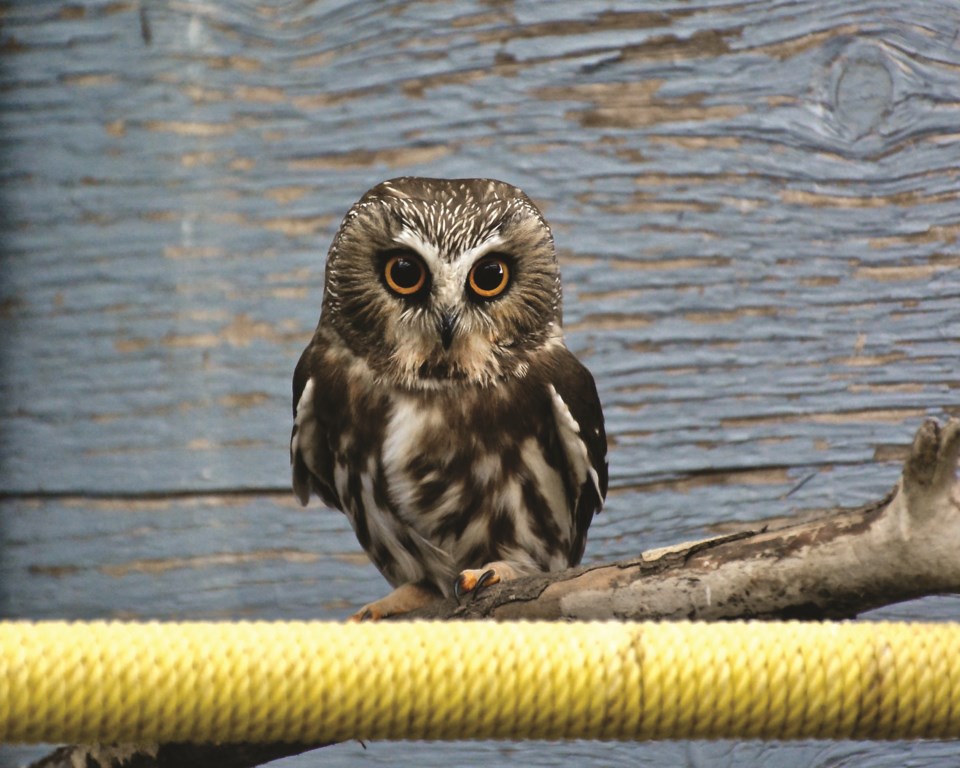It has been a busy year for the Alberta Institute for Wildlife Conservation (AIWC), with the organization reporting an increased demand for its services in 2019.
According to executive director Holly Lillie, the animal hospital – located near Madden – has seen a 27.5 per cent increase in the number of animals it has cared for throughout the past 12 months.
“In total, in 2018, we took in 1,066 animals, whereas this year, we are currently at 1,456,” she said. “Obviously, we still have the majority of December to go.”
The increase was somewhat unexpected, Lillie said, especially after AIWC saw a decrease in its number of patients in 2018, which she credited to additional resources directed to the organization’s Wildlife Hotline Service. By responding quicker to calls last year, she said, AIWC was able to reduce the number of animals brought to the hospital that were not, in fact, injured or orphaned.
The institute had anticipated another investment into the hotline would further decrease the number of patients, but according to Lillie, the opposite turned out to be true.
The spike, she said, likelystems from a combination of increased use of the hotline, increased awareness of the hospital’s existence and more human-wildlife encounters.
“We don’t have data to support this,” she said. “I think it’s just a general consensus in the community. I hear more about wildlife encounters than I feel like I have in the past, and it’s a natural symptom of urban expansion. The more we expand into different areas, we’re going to see more wildlife.”
The majority of AIWC’s patients – 95 per cent – are admitted because of conflicts with humans, Lillie said, whether through window strikes, vehicular collisions or cat or dog attacks.
This year, she added, the hospital has also seen a number of patients – like bear cubs, moose calves and baby flying squirrels – that require more resources to care for.
Like all non-profit groups, Lillie said, AIWC struggles with a scarcity of resources. An increased demand can cause challenges, she added, because it becomes more costly and requires more time to take care of all the patients.
“We always make it work, one way or another,” Lillie said. “We are experiencing a slight deficit this year, but I am confident through [fundraising], we will recover that deficit.”
In order to address the challenges, AIWC launched its third annual “Give the Gift of Saving Wildlife” fundraising campaign Nov. 29. Dollars raised through the initiative will ensure AIWC can continue rehabilitating injured and orphaned wildlife in the region by paying operating costs, staff wages and purchasing food for the animals in the organization’s care.
AIWC’s goal is to raise $50,000 before the end of December, Lillie said; as of Dec. 3, $10,000 had already been raised.
“We’ve been so lucky to have the support of the community,” she said.
Donations can be made online at aiwc.ca. Donations of more than $15 are eligible for a tax receipt.



